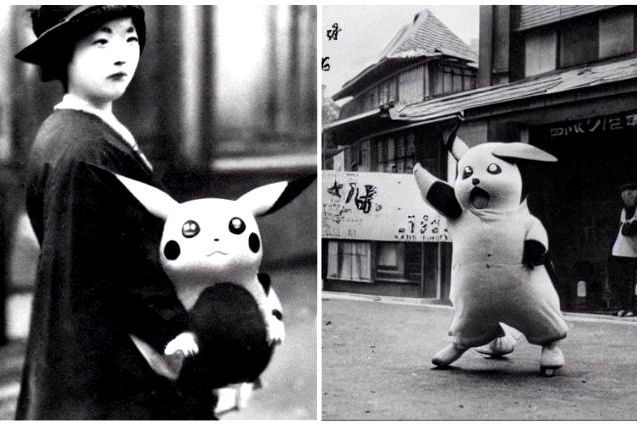Nvidia co-founder and CEO Jensen Huang recently expressed high praise for ChatGPT, declaring it one of the greatest things ever created in the computing industry.
Developed by AI research and deployment company OpenAI — originally a nonprofit co-founded by Elon Musk — ChatGPT is a free, AI-powered chatbot that returns human-like responses in a dialogue format.
Since its initial release in November, the software has gone viral for its detailed yet conversational replies, from pointing out sneaky code errors to suggesting recipes for dishes devoid of carbs.
ChatGPT is an example of generative AI, a technology that generates content based on input data. Another example is OpenAI’s own DALL-E 2, which creates realistic images from even the most bizarre text descriptions.
Huang, who co-founded chipmaker Nvidia in 1993, is considered one of the biggest beneficiaries of ChatGPT’s technology.
After focusing on graphics processing units, which are used in video games, video editing and machine learning, the company now leads the world in chipmaking for AI and its wide-ranging applications.
ChatGPT’s soaring popularity has led investors to bet on AI, and by extension, chipmakers such as Nvidia.
After drawing $5 billion in late January, Huang saw his net worth balloon to $18.9 billion, making him the largest gainer among U.S. billionaires so far this year — and it’s still growing.
Huang found the opportunity to praise ChatGPT after speaking on inventing new markets at Berkeley Haas University in California earlier this month. Responding to a student’s inquiry during the Q&A session, the 59-year-old tech executive described the new software as a “very, very big deal.”
When was the last time we saw a piece of technology that is so versatile that it can solve problems and surprise people in so many ways so often? It can write a poem of course, it could fill out a spreadsheet, it can write a SQL query and do a SQL query, it can write python code, it can write Verilog. And if it can’t do it today, of course it will be able to do it someday.
So the fact that you have this tool that can do all these different things has really surprised a lot of people around the world. Now, for a lot of people who have been working on this, we have been waiting for this moment. This is the iPhone moment, if you will, of artificial intelligence. This is the time when all of the big ideas about mobile computing and all that, it all came together in a product that everyone just kind of [say]…”I see it.”
Huang also compared the situation to when browsers were created, which led to the invention of Javascript and later a website; or when the iPhone was created and subsequently brought forth apps such as Spotify. He described ChatGPT as “one of the greatest things” done in the field of computing.
What OpenAI has done, what the team over there has done, genuinely is one of the greatest things that has ever been done for computing. We have democratized computing in a very, very large way, and so I am very, very excited about that.
While ChatGPT has thrilled many in the business world, it has also raised concerns over potential abuses. Students now use it to automate their homework, while cybercriminals have begun using it to create malware, according to reports.
Huang acknowledged that ChatGPT’s impact is yet to be felt by the rest of the world.
Now the question is, how is it gonna impact healthcare? How’s it gonna impact transportation? How’s it gonna impact retail, logistics? How’s it gonna impact manufacturing? The other trillion hundred dollar industry that is today, largely not served by technology. Computing industry is tiny compared to the world’s industry…And so we could do something now.








